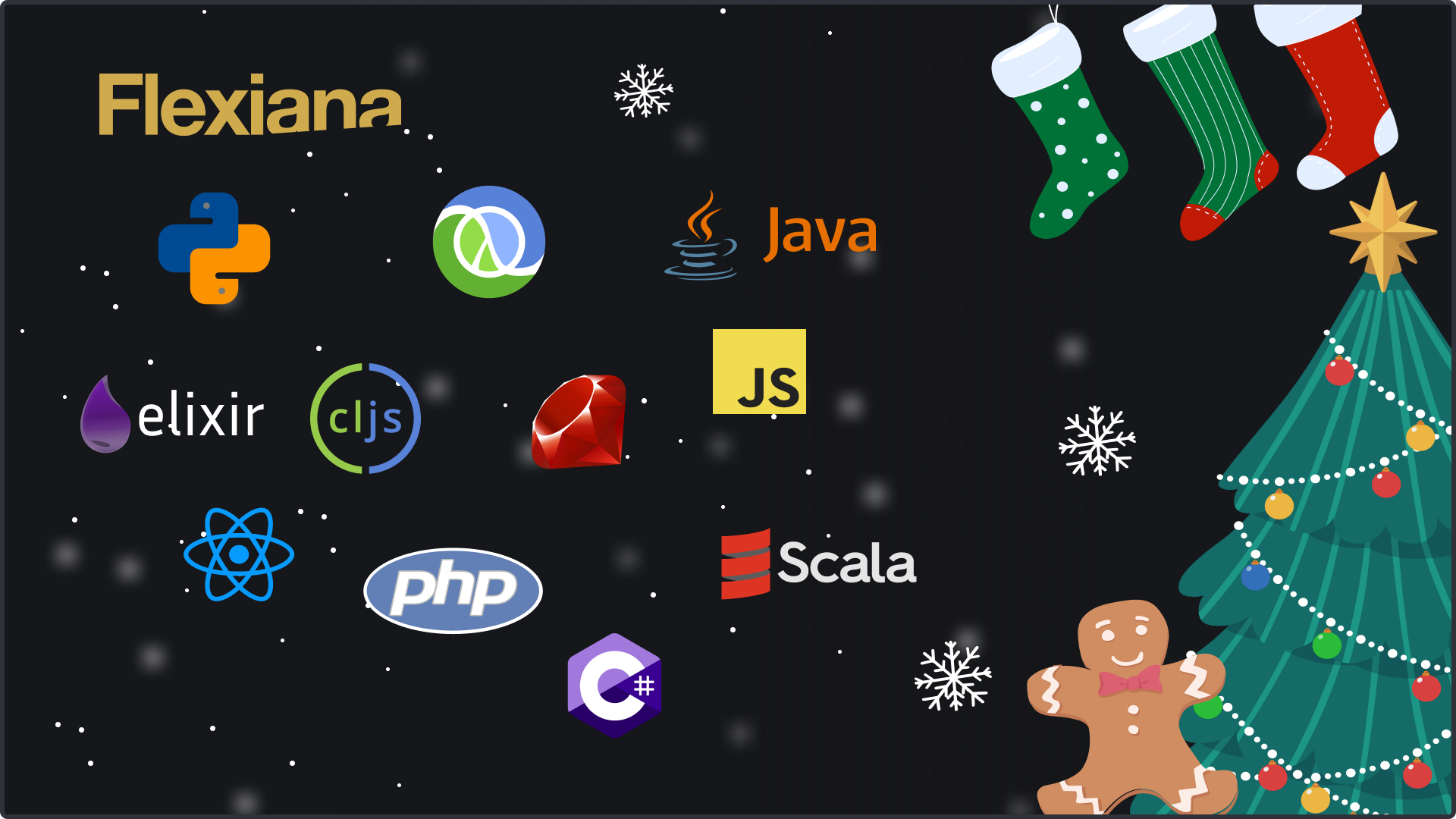Agile is a set of processes and systems that have been growing in traction over the past few years. It was initially used by teams that worked together with an overarching notion of utilising “the most efficient and effective method of conveying information to and within a development team” (Agile Manifesto), however this originated in physically close environments and using face-to-face conversations.

Benefits of being remote
Given that the era of remote working is currently expanding at a rapid pace, organisations within the digital landscape have had to adapt the lessons and principles of Agile to incorporate effective work practices within a decentralized work environment. In these environments, we choose to use the primary value of the Agile Manifesto, “Individuals and interactions over tools and processes”. With this dogma, we adapt our processes and tools to optimise communication and interaction per project.
This is both exciting and presents a set of challenges in its own right.
There are many benefits of having teams and members across the world, these include:
- a larger pool of talent at competitive prices and lower overheads,
- flexibility in scheduling and location
- increased communication and clarity in decision making due to better documentation and transparency
- work can often be completed faster due to the range of timezones and potential to work at any time of the day
- creativity due to diversity (19 nationalities in Flexiana)
Challenges
Naturally there are some challenges, inclusive of the above benefits. While time zone differences might work in completing work faster, it can also hinder decision making due to a lag in operations. It is also more difficult to build rapport and the feeling of camaraderie when there is a vast distance and time difference. Miscommunication may also happen due to messages being lost in translation between cultural differences and context, communicating primarily over text and online workspaces presents an opportunity for slight ambiguity and misunderstanding that may not happen when teams present body language and tone.
However, these are challenges that can be adapted to strengthen factors such as communication. Due to the handicap, it is up to teams and agile practitioners to encourage effective and quality communication and decision making sessions. It is important to keep standards high and present crystal clear shared goals and objectives.
Role of Agile Coaches & Scrum Masters
There are important elements that Agile Coaches and Scrum Masters keep in check when observing the status of a project and its team, these include but are not limited to.
- Does the team deliver the Sprint Goal at the end of the Sprint?
- Is the team member accountable for their commitments, and how is this measured?
- Is responsibility shared? Do team members help each other toward a common goal or just take responsibility for individual delivery?
- Are we providing feedback to one another?
- Is the team taking responsibility for achieving the business’s goal? Are they able to identify it?
- Does the PO trust the team? In their ability to deliver, to communicate clearly and honestly, their work ethic and technical capabilities?
- What does the PO need in order to attain this trust?
- Do you trust your team? What would it take to not trust them?
Last but not least
- Laying down rules and boundaries at the beginning of a project so that it can be self regulated and adapted as necessary.
- Identify and record a clear set of objectives and agree on how to hold each person accountable. This can be done through a document or tool such as Trello/Asana amongst others. It should be clear and easily accessible
- Support self-regulation in team during meetings, spot issues and raise them openly in the team, understand why it is happening and find a solution together.
- Are retrospectives and reviews successful? Why and why not?
- Facilitate fun and enjoyment
How Flexiana does it
In Flexiana, we are consistently analysing and reshaping our operations to be inclusive of adaptive best practices and to truly honour the notion of Agility. We have talented individuals from all over the globe who retain a shared vision and set of goals while bringing something unique and different to the table. Our clients and projects each have alternative sets of requirements and methods of working, as we are in the business of collaboration it is up to both the teams and Agile Coaches to facilitate an open communication channel and adaptive set of processes and practices in order to achieve a state of flow and harmony.
Our managers are part Agile coaches, part Scrum Masters and part Project Managers, they are versed in Agile practices and they alter the approach based on what works best given the collaboration and needs of the team and client. In a way, the agility practiced here is that of a jack-of-all-trades manager who adapts to needs and provides support and efficiencies.
With an established Scrum Master/Agile coach guild, we meet weekly and discuss a range of topics on the agenda, which includes but is not limited to, lessons learnt and issues that have arisen or may arise. Further, in addition to daily stand-ups, reviews and retrospectives, we engage in 1-1 calls with every member of the team, the PO and each other in order to retain a high NPS score. In Flexiana it is vital that we retain a sense of transparency throughout the company, and engage in continuous feedback and contribution from staff. We place trust in our members who want to do their best and echo the sentiment for our company and our clients.
The advantage of working with Flexiana in a collaborative environment is that we create tailored solutions and experiences for each collaboration. We work with partners in creating systems and processes to achieve a shared goal and in many cases, aid the organisation in improving their own internal processes from an objective perspective and analysis. Working in this environment often allows companies to look at their organisation with new eyes, improving self-evaluation of their current methods and innovating new solutions and practices.
Agility is an important attribute and practice that Flexiana holds dear to its core principles, we are consistently evolving and reshaping while aiming to uphold the notion and ideal of agility in every aspect of our business.









